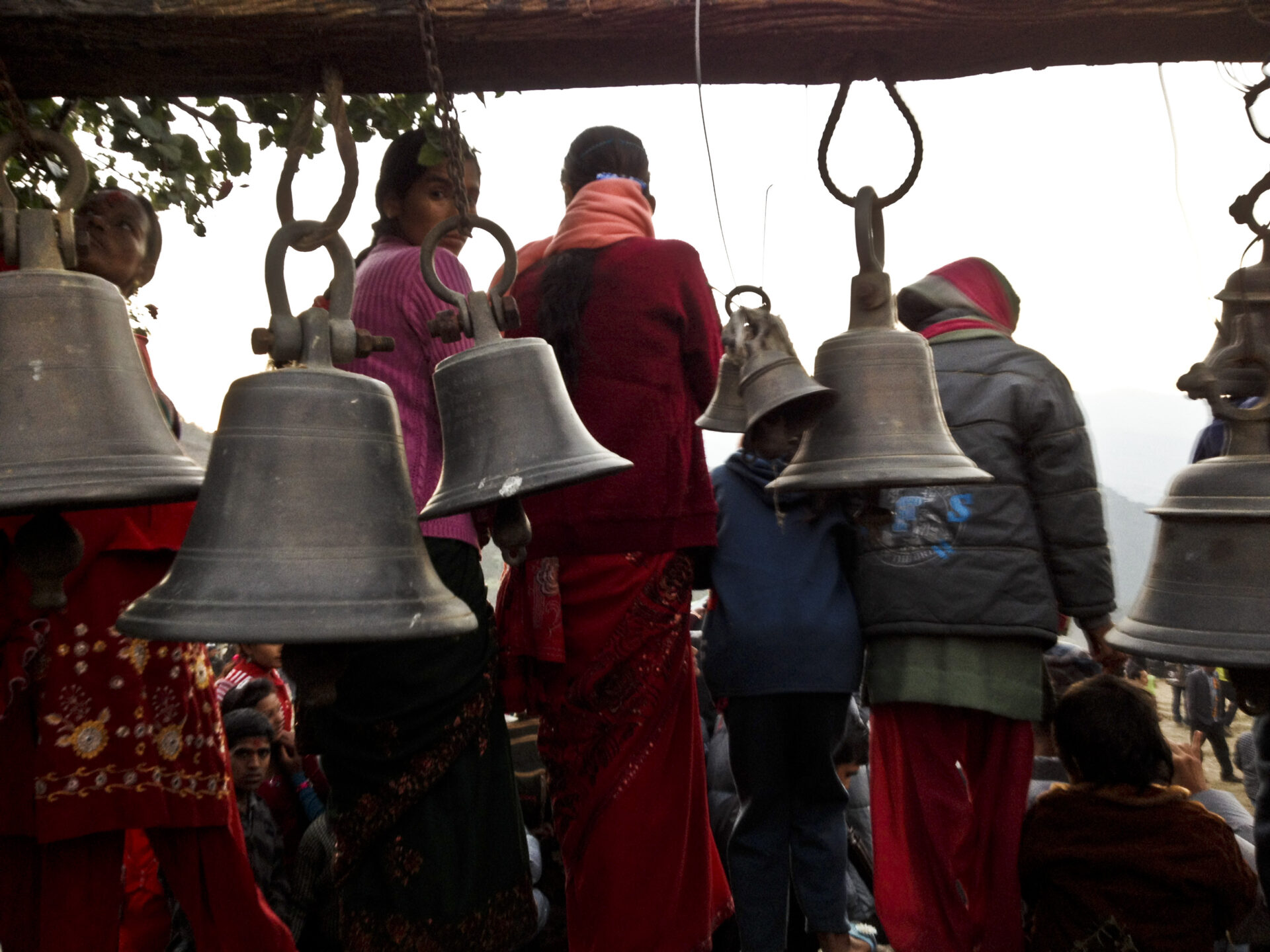When she was just an infant living with her family in rural Nepal, Aastha fell into an open fire and was severely burned on her face and hands. The resulting injuries left her unable to even open her mouth. Without treatment, she would be unable to perform the most basic of daily tasks as she grew.
Nine out of 11 children worldwide who suffer injuries like Aastha’s do not have access to surgical care. This is in part due to a shortage of reconstructive surgeons. For patients who require reconstructive surgery — whether due to severe burns like hers or birth defects, accidents, and other conditions — access to treatment is lifesaving and life-changing. Without care, many people are unable to live a normal life, seek an education, or provide for their families.
When I met Aastha, I was determined for her to have a different outcome. In fact, I am determined that no one should face such difficulties. As a woman and surgeon, this is the mission that drives me.
An enormous gender gap persists within the field of reconstructive surgery. In low-income countries like Nepal, there are roughly three female reconstructive surgeons for every one million people. It’s not just a numbers issue, but one of patient-centered care. In many cultures, female patients find it easier to discuss their injuries with, and communicate their needs to surgeons who are women. Women and children account for the majority of the disease burden from burns in low-income countries. For them, care from a female surgeon with whom they feel more comfortable can truly make all the difference.
To fully address the need for reconstructive surgical care, we must change the landscape for women surgeons worldwide. I am very proud to be part of a small but growing group working to do just that. In 2018, I participated in the Pioneering Women in Reconstructive Surgery (PWRS) program which was created by ReSurge International and SkinCeuticals to support early-career women surgeons from low-income countries through hands-on training, leadership coaching, and networking. The program helps to advance our careers and increase our ability to provide lifesaving care in our communities. I found the support I received to be truly transformative. My confidence grew, I gained new skills, and I was buoyed by a network of peers and a strong, supportive community with whom to consult and collaborate regularly.
Supporting female surgeons in advancing their careers helps to create an environment that’s more open and inclusive to women — one that women will be empowered to enter. By providing direct care, and training others to do the same, the six women in my PWRS cohort are projected to impact as many as 162,000 patients throughout our careers. The 18 surgeons who have completed or are currently in the program could impact half a million patients. Imagine what can happen if we are able to scale up this type of training.
Most importantly, we can transform the lives of those in need of surgical care, people like Aastha. I’ve witnessed her perseverance through several successful surgeries. Though her treatment will continue, she is now able to attend school and participate in activities alongside her peers. And her exposure to women surgeons has influenced her aspirations. When she grows up, Aastha hopes to become a surgeon herself.
To ensure that wonderful vision of the future, we must greatly increase access to reconstructive surgical care. We will never do that if we only depend on half the population; if we only rely on male surgeons to address the massive unmet need. It will take all of us, working together, to be successful. We must answer the critical need for care around the world and help young girls like Aastha reach their dreams.




















